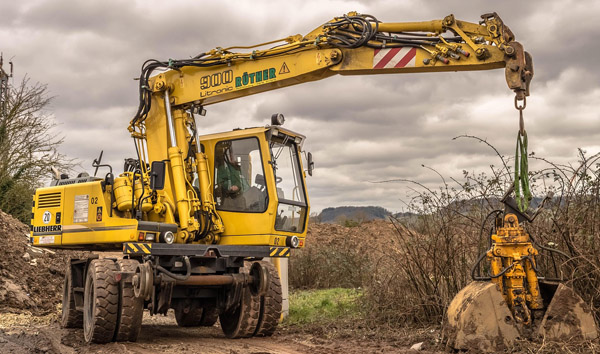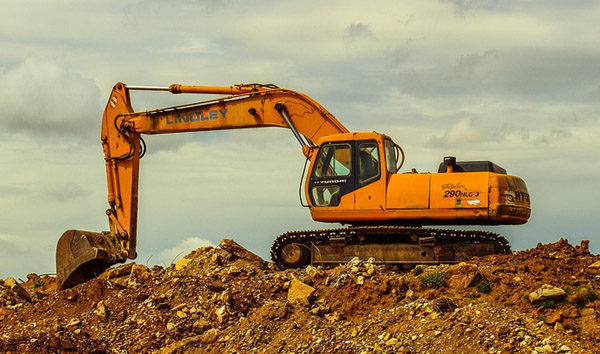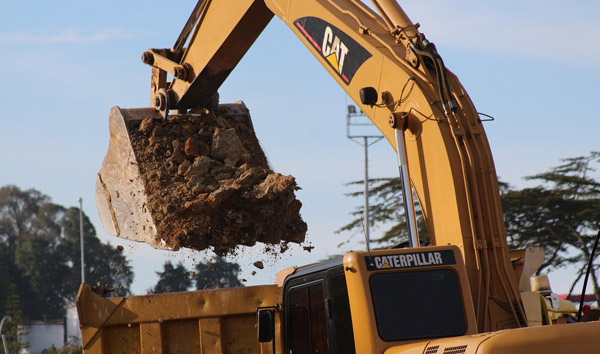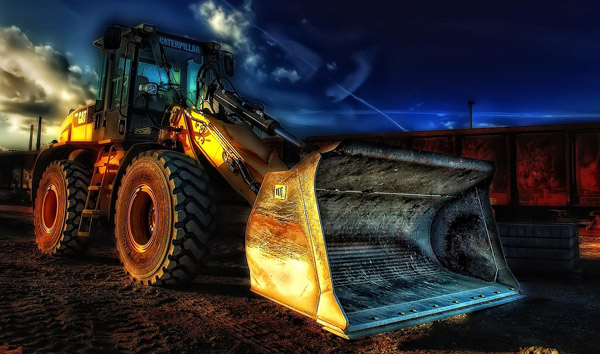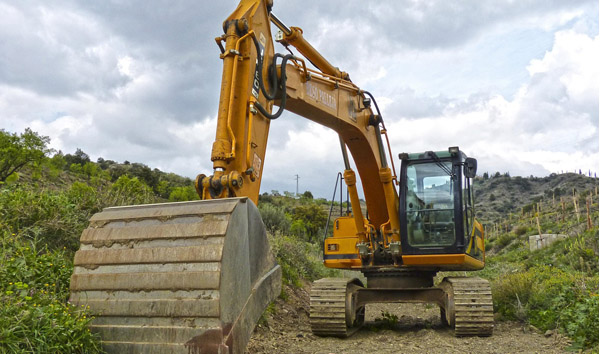Navigating the Robust Capabilities of Modern All-Terrain Forklifts
2025-08-07 04:20:32
All-terrain forklifts are engineered to handle uneven surfaces, steep inclines, and rough terrains with unmatched efficiency. These machines typically feature reinforced chassis, high-traction tires, and advanced suspension systems to ensure stability. Key specifications include load capacities ranging from 3,000 to 12,000 kg, depending on the model, and lift heights extending up to 6 meters. The integration of four-wheel drive (4WD) and differential locks enhances maneuverability, making them indispensable in construction, agriculture, and forestry sectors.
Powering these forklifts are robust diesel or electric engines, delivering torque outputs between 80 to 200 Nm for seamless operation on inclines. Fuel efficiency is optimized through variable displacement hydraulic pumps, reducing operational costs. Additionally, all-terrain forklifts boast ground clearances of 250–400 mm, enabling them to traverse obstacles effortlessly. The inclusion of oscillating axles further improves weight distribution, ensuring safety when handling heavy loads on unstable ground.
Operator comfort and safety are prioritized in all-terrain forklift designs. Ergonomically designed cabins feature shock-absorbing seats, intuitive control panels, and 360-degree visibility. Advanced models incorporate telematics for real-time monitoring of engine performance, fuel consumption, and maintenance alerts. These forklifts also comply with ISO 3691 safety standards, featuring roll-over protection systems (ROPS) and load-sensing hydraulic controls to prevent tip-overs.
When selecting an all-terrain forklift, buyers must evaluate terrain-specific requirements. For muddy or sandy conditions, models with wider tires (400–600 mm) and lower ground pressure (≤2.5 psi) are ideal. In contrast, rocky terrains demand reinforced undercarriages and higher torque engines. Leading manufacturers like JCB, Manitou, and Toyota offer customizable options, including attachments like forks, buckets, or winches, to enhance versatility.
The future of all-terrain forklifts lies in hybrid and electric innovations, reducing carbon footprints without compromising power. Lithium-ion batteries now enable 8–10 hours of continuous operation, while hydrogen fuel cells are being tested for heavy-duty applications. As industries demand greener solutions, these advancements will redefine all-terrain forklift specifications, balancing performance with sustainability.




